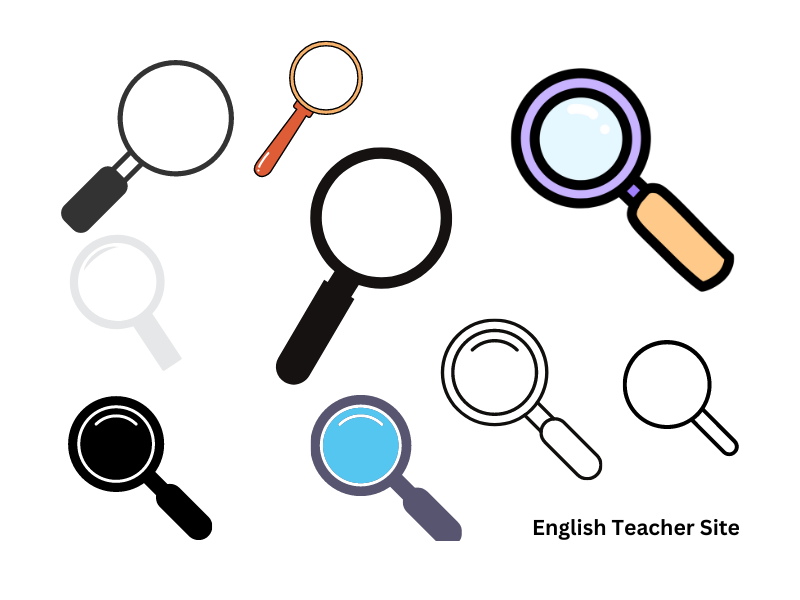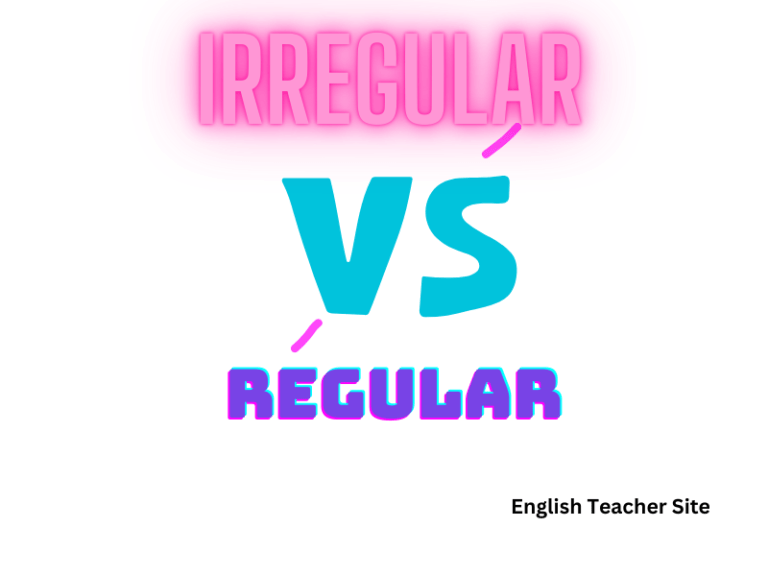What’s the Plural of Analysis: Understanding the Correct Form

- “Analysis” is singular and refers to one examination, while “analyses” is the correct plural form.
- Words ending in -sis have a unique pattern—changing the “i” to “e” for their plural forms in English.
- Proper use of “analysis” and “analyses” is important for clear communication in various contexts.
The transformation from singular to plural with words ending in -sis, such as “analysis,” follows a specific pattern in English. “Analyses” is the plural form of “analysis,” which can cause a mix-up because of its close spelling and pronunciation to the singular. Knowing when to use each form is crucial for conveying accurate information, particularly in academic and professional settings where such terms are frequently employed.
What’s the Plural of Analysis?
The plural form of “analysis” is “analyses”. Despite their similar appearances, “analysis” and “analyses” are used in different contexts. “Analysis” refers to a singular study or examination, while “analyses” denotes more than one. Below are two tables illustrating their usage in sentences.
Table 1: Using ‘Analysis’ in a Sentence
| Singular Form | Example Sentence |
|---|---|
| Analysis | Her analysis of the data was thorough. |
Table 2: Using ‘Analyses’ in a Sentence
| Plural Form | Example Sentence |
|---|---|
| Analyses | The scientists published their analyses in the journal. |
To ensure clarity and correctness, it is important to:
- Use “analysis” when referring to a single study.
- Use “analyses” when referring to multiple studies.
- “Analysis” is singular.
- “Analyses” is plural.
- The transition from “analysis” to “analyses” involves changing the “is” to “es.”
What’s the Definition of Analysis/Analyses?
Analysis is an integral part of numerous academic and professional fields. It denotes a thorough examination or evaluation of a certain entity by breaking it down into smaller parts to gain a deeper understanding. In essence, analysis is about studying the components of a subject to comprehend its structure and functions.
Analyses is the plural form of analysis and is used when referring to multiple instances of such examinations. Both forms of the word are utilized extensively in various disciplines including mathematics, science, literature, and business.
Singular and Plural Usage
To illustrate the singular and plural forms and their contexts, consider the following tables:
Singular Form: Analysis
| Context | Example Sentence |
|---|---|
| Scientific Study | A new analysis of data was conducted. |
| Business Report | The analysis revealed untapped market opportunities. |
| Literary Review | Her analysis of the text provided fresh insights. |
Plural Form: Analyses
| Context | Example Sentences |
|---|---|
| Multiple Studies | Several analyses have indicated a positive trend. |
| Comparative Review | Comparative analyses were completed for both companies. |
Different Applications
Analytical methods can vastly differ depending on their application:
- Mathematics: involves logical reasoning and numerical data to reach conclusions.
- Science: could include experiments and systematic observations.
- Literature: interprets themes, symbols, and motifs within a text.
Words that End in -sis
Here is a brief introduction to the rules that govern the formation of plurals for nouns ending in “-sis”:
- Singular to Plural: To form the plural of a word ending in “-sis,” replace the “-sis” with “-ses.”
- Pronunciation Change: This change usually results in a shift in pronunciation.
- Origin: Most of these words are rooted in Greek and have retained their ancient pluralization rules.
Common Nouns Ending in -sis
| Singular Form | Plural Form |
|---|---|
| Analysis | Analyses |
| Crisis | Crises |
| Basis | Bases |
| Thesis | Theses |
Examples in Sentences
- The student presented several hypotheses for her science project.
- Doctors are researching multiple diagnoses to understand the patient’s condition.
- During the seminar, we reviewed different theses on economic growth.
Examples of Analysis Used in Context
In a Research Setting:
- Analyses of data are conducted to reveal patterns and correlations.
| Case | Usage |
|---|---|
| Single Study | The analysis of the crime scene was thorough. |
| Multiple Studies | The team published their analyses in a renowned science journal. |
In a Business Environment:
- Businesses perform market analyses to strategize and make informed decisions.
In Technology:
- Programmers may run performance analyses on software to optimize usability.
| Aspect | Usage |
|---|---|
| Software | The analysis improved the app’s functionality. |
| Multiple Programs | Several analyses were conducted to compare the competing apps. |
In Education:
- Educators utilize student data analyses to tailor teaching methods.
In Literature:
- A literary critic offers analyses of texts to uncover deeper meanings.
Examples of Analyses in Context
| Usage Context | Example Sentence |
|---|---|
| Academic Paper | The researchers published their analyses of the data, covering several independent studies on climate change. |
| Business Report | The management team reviewed financial analyses to decide on the next quarter’s budget. |
Here are further instances:
- Statisticians regularly conduct analyses to validate their findings.
- Her thesis included a series of analyses on 19th-century literature.
- The policy was revised following in-depth analyses of public feedback.
The term analyses fits seamlessly into the language used by professionals across multiple fields. For clarity and precision, it’s important to discern between the singular and plural forms.
| Field | Context | Use of “Analyses” |
|---|---|---|
| Medicine | Diagnostic Evaluation | “The doctor’s analyses of patient symptoms led to the diagnosis.” |
| Finance | Market Research | “Quarterly market analyses predict an economic upturn.” |
Synonyms of Analysis
Evaluation and assessment often go hand-in-hand with analysis when one examines data or a situation to draw conclusions. These words convey the meaning of judging or determining the significance or value of something.
- Investigation carries a sense of delving deeper into a subject, much like analysis.
- Examination refers to a thorough look into the intricacies of a topic.
- Inspection implies a careful scrutiny, which aligns closely with the concept of analysis.
Let’s visualize these synonyms in tables to differentiate their contexts of use:
| Formal Contexts | Informal Contexts |
|---|---|
| Evaluation | Inquiry |
| Assessment | Check-up |
| Investigation | Looking into |
And another:
| Academic Use | Business Use |
|---|---|
| Examination | Review |
| Dissection | Audit |
| Study | Performance Check |
In a more specialized setting, terms like dissection and breakdown can be used to describe a more detailed analysis. The word deconstruction, although often associated with a critical theory, can also apply in broader contexts where an idea or concept is being taken apart to understand its components.
Additionally, anatomy and assay are terms that might be utilized in scientific or technical analyses. The former refers to the structural analysis often used in the field of biology, while the latter is a term that describes a detailed examination, typically to assess its content or quality.
Note: The variety of synonyms showcases the word’s flexibility and the precision that can be achieved by selecting the appropriate synonym for the context.
Phrases Synonymous with Analysis
Examination and evaluation are two phrases that share a close semantic relationship with analysis. They refer to the process of studying or assessing a subject in detail to understand it better or to determine its value.
| Synonym | Usage Context |
|---|---|
| Examination | Often used in academic and medical contexts. |
| Evaluation | Commonly employed in settings where judgment or appraisal is necessary. |
Another set of phrases, inspection and assessment, imply a thorough or formal approach to analysis. These terms denote a careful consideration or review of an entity, event or process.
- Inspection: Implies a careful scrutiny, traditionally in a formal or official capacity.
- Assessment: Entails a systematic analysis to ascertain characteristics or performance.
When referring to more technical or structured types of analysis, terms such as breakdown and dissection are frequently utilized. These possess an inherent quality of deconstructing a complex whole into simpler parts for better understanding.
| Synonym | Usage Context |
|---|---|
| Breakdown | Suggests a detailed categorization and analysis. |
| Dissection | Often metaphorical, used for in-depth analysis. |
It’s crucial to recognize that while these phrases are synonymous, subtle nuances can change the meaning slightly. Consequently, choosing the right term depends on the context and the depth of analysis required.
Sources
My name is Khamis Maiouf. I am the creator of the English Teacher Site, dedicated to providing valuable resources and insights for students around the world. With a passion for education and a commitment to helping students enhance their skills, I aim to make English teaching more effective and enjoyable for both educators and students.






